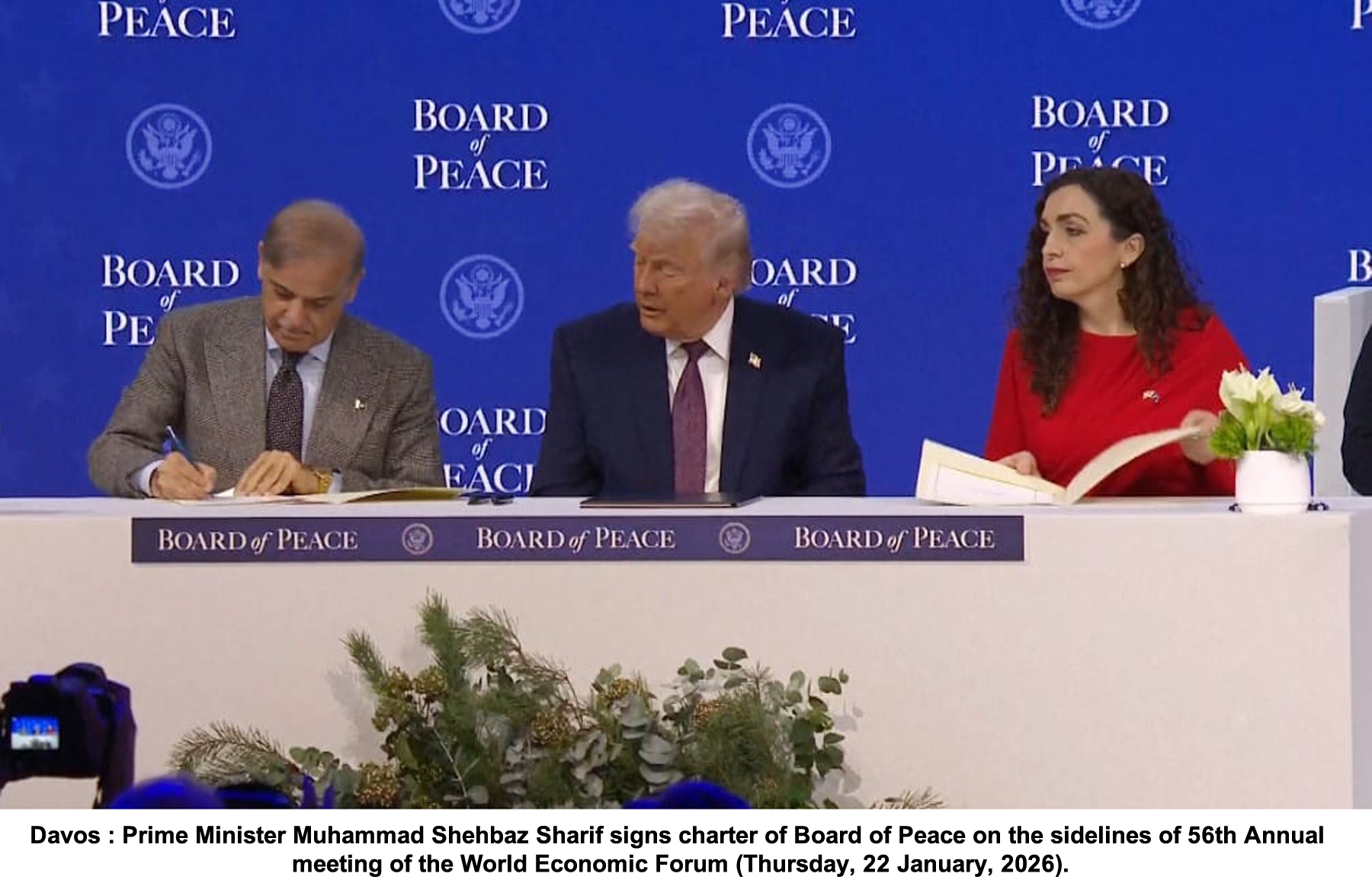Bill was one of IMF’s conditions to be met before Jan 12, 2022
Spokesman Report
ISLAMABAD: Federal Minister for Finance Shaukat Tarin on Thursday presented the much-awaited supplementary finance bill — termed by the Opposition as a “mini-budget” — in the National Assembly, as a pre-requisite to resume the $6 billion External Fund Facility (EFF) of the International Monetary Fund (IMF).
Besides the aforementioned bills, Tarin moved a resolution to “extend the Tax Laws (Third Amendment) Ordinance, 2021 for a further period of one hundred and twenty days w.e.f. 12-01-2022, under proviso to sub-paragraph (i) of paragraph (a) of clause (2) of Article 89 of the Constitution of the Islamic Republic of Pakistan.
In addition, he moved another resolution “to extend the Federal Government Properties Management Authority Ordinance, 2021 for a further period of one hundred and twenty days w.e.f. 15-12-2021, under proviso to sub-paragraph (ii) of paragraph (a) of clause (2) of Article 89 of the Constitution of the Islamic Republic of Pakistan”. IN all, eight resolutions were moved to extend various ordinances.
According to the bill, the government will impose a tax on approximately 150 goods at a rate of 17%. Therefore, goods that were currently either completely exempt from General Sales Tax (GST) or being taxed at 5% to 12% rates would now be taxed at 17%.According to the copy of the Finance (Supplementary) Bill 2021, the bill proposed retraction of GST exemption on 6 items of zero rated industry.
“Ending tax exemption on zero rated items will add burden of Rs9 billion rupees, was also proposed in the bill. The bill also proposed withdrawal of tax exemption on imported milk, bicycles. The bill proposed ending GST exemption on 59 imported items, while GST exemption on bakery items, branded food items will also be withdrawn. Exemption given on imported machinery for power sector to be retracted, while, increase in federal excise duty has also been proposed for vehicles over 1000cc.
The bill proposed imposition of 17% additional tax on imported mobile phones and 100% hike in advance tax in vehicle registration fees, while advance tax on foreign TV serials and dramas has also been proposed.Zero-rating available on supplies of raw materials for imported milk would be withdrawn and be taxed at 17%. The supplies to duty-free shops will be taxed at 17%. As they will be taxed for the first time, there are no revenue estimates.
The income tax rate on mobile phone calls will increase from 10% to 15%, while it was also proposed that imported meat and poultry items should be exempted from tax.The finance bill also proposes that bread prepared in bakeries, restaurants, food chains and shops be taxed at a 17% rate and sales tax on prepared foodstuff and sweetmeats supplied by restaurants, bakeries, and sweet shops will increase to 17%.
The GST on silver and gold will increase from 1% to 17%, while tax will be imposed on computers and laptops. According to sources, the prices of power, gas and petroleum products will increase due to the mini budget that include tough conditions of the IMF, while taxes and duties on more than 1700 items will also be increased in the mini budget and taxes on all imported and luxury items will be increased.
Taxes and duties on luxury items, imported diapers, make-up items will be increased and taxes on imported and domestic vehicles will also increase. Sources further said that the total revenue from taxes and duties will be Rs 340 billion and sales tax rate is likely to be raised to 17%, while the tax rate on various items may increase from 5 to 7%. The federal excise duty (FED) on cars likely to increase 2.5 percent and sales tax on tractors is likely to increase by 5%.Customs duties on imported clothing, footwear and perfumes are likely to be increased, while Sales tax on locally made goods is also likely to be increased from 12% to 17%.






